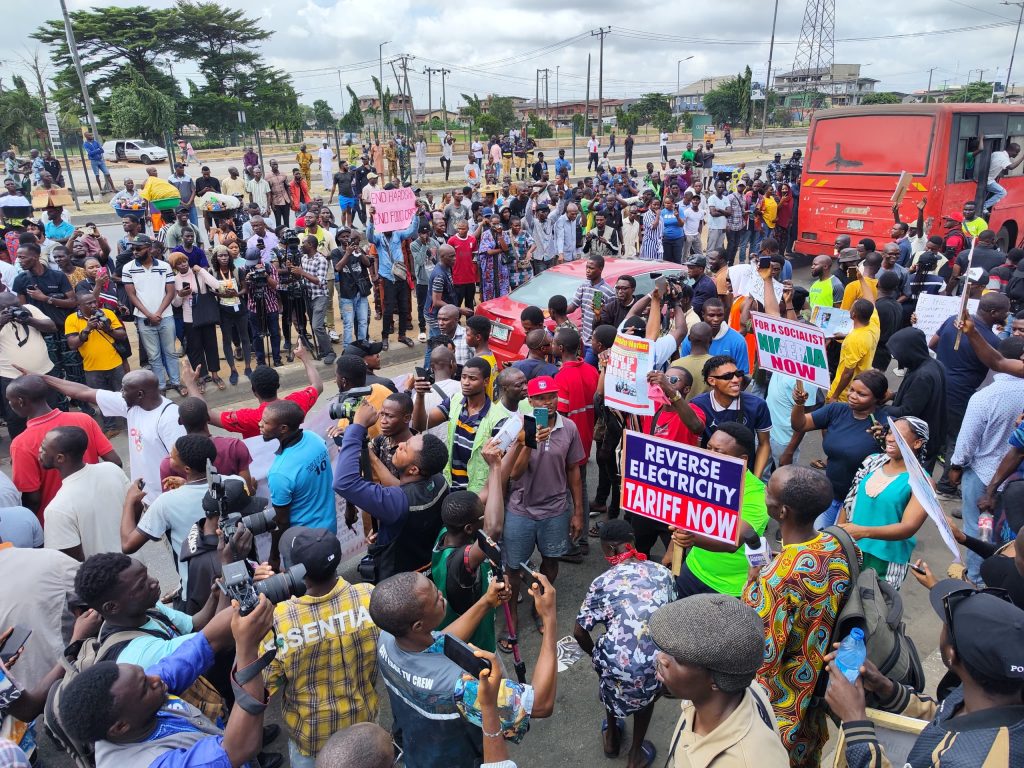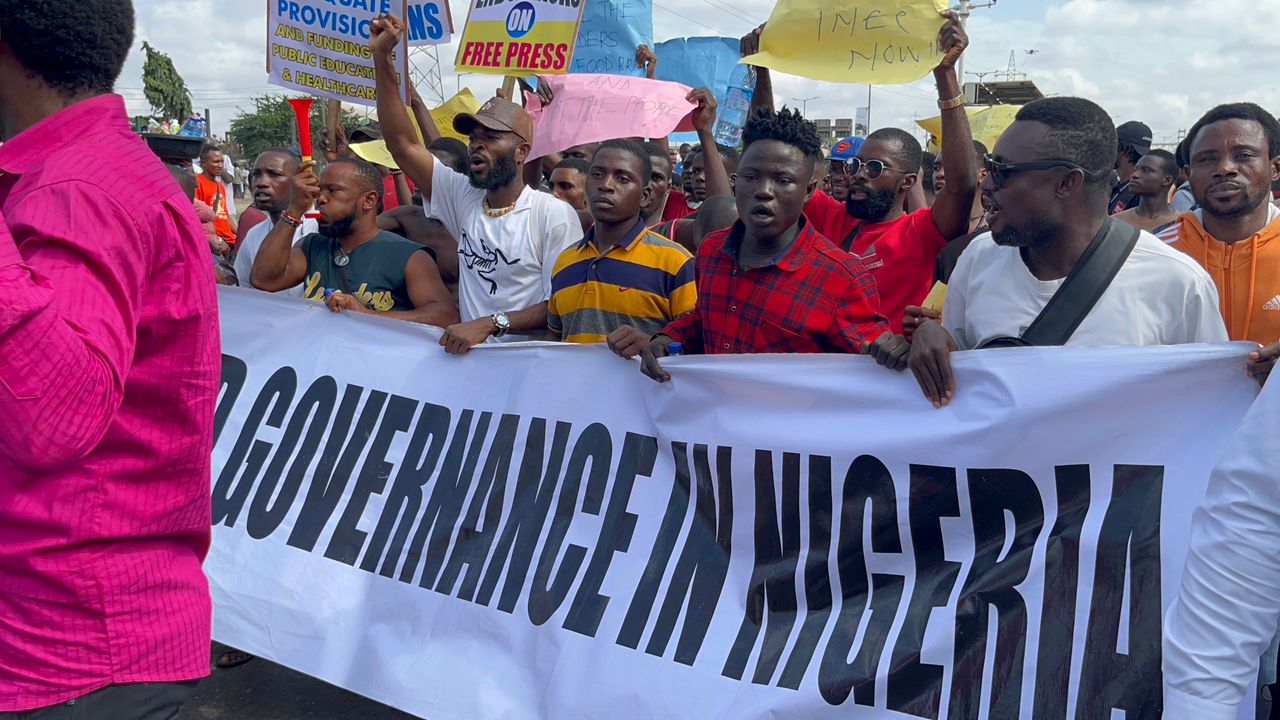Amnesty International has criticised the Nigerian government for failing to deliver justice one year after police forces used lethal violence and carried out mass arbitrary arrests during the peaceful #EndBadGovernance protests.
The organisation stated on Friday, August 1, on its website and social media platforms, condemning what it described as the government’s clear disregard for human rights.
The #EndBadGovernance protests, which commenced on August 1, 2024, and lasted until August 10, 2024, were driven by widespread public frustration over poor governance, economic hardship, rising inflation, soaring food prices, and the hike in fuel costs.
The protests, which drew large crowds in major cities, turned violent in certain locations following confrontations with security forces.
According to Amnesty International’s investigation, police killed at least 24 demonstrators in six states—Kano, Jigawa, Katsina, Borno, Niger, and Kaduna—between August 1 and August 10, 2024.
Amnesty also revealed that several demonstrators have been convicted on dubious charges, while others remain on trial in Abuja, Kano, Jigawa, Katsina, and Kaduna.
“The Nigerian authorities have failed to take effective steps to protect, respect, and promote the rights to freedom of expression and peaceful assembly,” said Isa Sanusi, Amnesty International Nigeria’s Director.
Amnesty’s findings indicated that police officers fired live rounds at close range, often aiming at the head or torso, indicating a clear intention to kill. Two survivors reportedly suffered gunshot wounds to their limbs, while others endured suffocation due to excessive tear gas use.

In detention, some demonstrators were tortured and starved, Amnesty claimed. In one extreme case, a minor facing trial before the Federal High Court in Abuja on November 1, 2024, reportedly collapsed from starvation.
Despite compelling evidence that demonstrators did not violate any laws, authorities have pressed ahead with prosecutions.
In Maiduguri, Borno State, several demonstrators were convicted and sentenced to community service, caning, or imprisonment after what Amnesty described as a sham trial. One of the charges was the formation of a group called the “Zanga Zanga” group, allegedly to take up arms against the government.
In Abuja, other demonstrators still face charges such as levying war against the state, inciting mutiny, and attempting to destabilise Nigeria—charges Amnesty regards as baseless and politically motivated.
“The government’s violent crackdown on the protests demonstrates its disregard for human rights,” the organisation said. “Failing to hold the police accountable will only embolden further misuse of force against peaceful demonstrators.”
Amnesty reiterated that the #EndBadGovernance protests were a legitimate call for accountability and better leadership.
It criticised the government’s harsh response, which drew widespread condemnation and renewed calls to end police brutality and impunity.
“One year on, victims and survivors are still awaiting justice,” the statement continued. “The Nigerian government must act now to redress human rights violations and prosecute those responsible.”
Amnesty also called on the international community to hold the Nigerian government accountable.
“The use of lethal force and arbitrary arrests is unacceptable and must be condemned. Nigeria must prioritise the safety of its citizens and end the culture of impunity among its security forces.”
The organisation concluded that while the #EndBadGovernance protests have ended, the struggle for justice and accountability remains ongoing.


 Trending
Trending 
